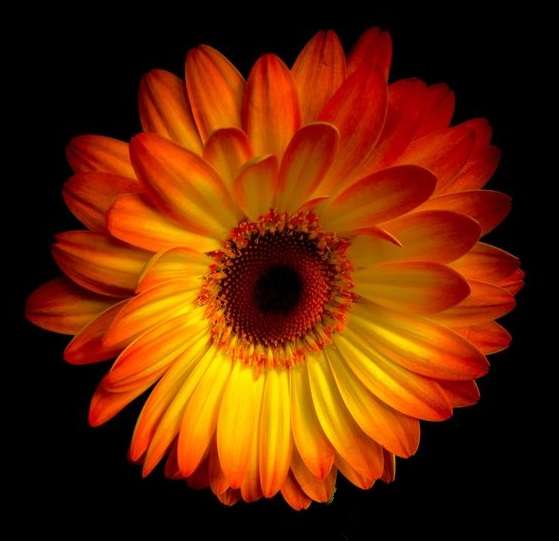| Romance Poetry posted August 22, 2024 | Chapters: |
...48 49 -50- 51... 
|
      |
Gogyohka Poems with a one line question
A chapter in the book My Favorite Poems
What Will I Do
by Gypsy Blue Rose
meaning of the poem in author notes

What will I do with this meadow?
I'll gather an empty nest nestled on the bough and veiled with elusive dusk as the hen perches with a chest full of dismal night  What will I do without your eyes? I'll cry dry tears by the Styx riverbank knowing your body rests on the other side
weaved with ethereal twilight and entwined with cold touch  |
A female bird is also called a hen.
The river Styx is the boundary between the world of the living and the world of the dead
Poem's basic meaning :
This poem uses a lot of metaphor and nature's personification. The theme is loss and grief- such as the seemingly sad hen with an empty nest, and the cold body resting on the other side of the River Tyxt.
I am inspired by Spanish and Chilean poets. We have the same poetic style.
Gogyohka is a five-line Japanese poetic form with no strict rules on syllable count but as brief as possible. You may use any theme. Lines are grammatically connected. Alliteration, personification, and metaphor are okay. It usually doesn't rhyme, but natural not forced rhymes are okay. Japanese poets have written gogyohka since the 1910s. However, they did not name the form until 1983 by poet Enta Kusakabe.
source = writers digest
source=wikipedia
Thank you for reading and reviewing my poem.
Gypsy
Pictures from my Pinterest account. I don't use a presentation template, the complete presentation and poem created by Gypsy Blue Rose COPYRIGHT@2024
Pays
one point
and 2 member cents. The river Styx is the boundary between the world of the living and the world of the dead
Poem's basic meaning :
This poem uses a lot of metaphor and nature's personification. The theme is loss and grief- such as the seemingly sad hen with an empty nest, and the cold body resting on the other side of the River Tyxt.
I am inspired by Spanish and Chilean poets. We have the same poetic style.
Gogyohka is a five-line Japanese poetic form with no strict rules on syllable count but as brief as possible. You may use any theme. Lines are grammatically connected. Alliteration, personification, and metaphor are okay. It usually doesn't rhyme, but natural not forced rhymes are okay. Japanese poets have written gogyohka since the 1910s. However, they did not name the form until 1983 by poet Enta Kusakabe.
source = writers digest
source=wikipedia
Thank you for reading and reviewing my poem.
Gypsy
Pictures from my Pinterest account. I don't use a presentation template, the complete presentation and poem created by Gypsy Blue Rose COPYRIGHT@2024

You need to login or register to write reviews. It's quick! We only ask four questions to new members.
© Copyright 2025. Gypsy Blue Rose All rights reserved. Registered copyright with FanStory.

Gypsy Blue Rose has granted FanStory.com, its affiliates and its syndicates non-exclusive rights to display this work.

